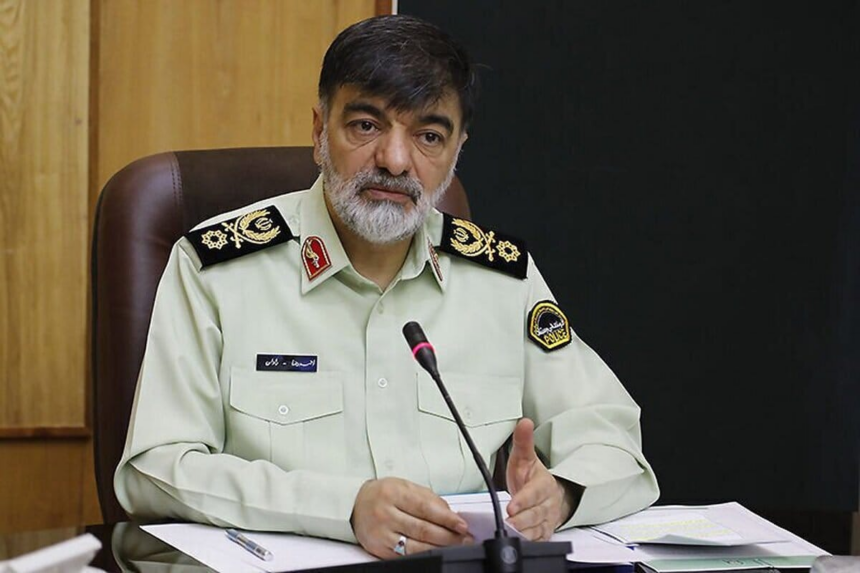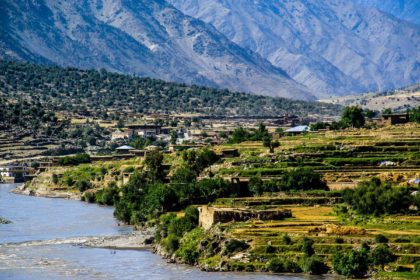RASC News Agency: In a chilling reaffirmation of Iran’s escalating campaign against Afghanistani migrants, Ahmadreza Radan, Commander-in-Chief of the Islamic Republic’s Law Enforcement Force, has called for the relentless continuation of identifying and deporting what he termed “unauthorized foreign nationals.” His remarks, delivered on the second day of the 28th National Assembly of Police Commanders, echo a deeply entrenched state policy that increasingly targets Afghanistani refugees many of whom fled the horrors of Taliban rule. Radan framed the expulsion of migrants as a security necessity, claiming a direct link between Afghanistani nationals and rising crime rates, particularly theft and mobile phone robberies. “The majority of public complaints we receive pertain to theft,” he stated, urging police forces to deploy all available resources to combat street crimes. He further demanded the identification of so-called “crime-prone zones” and promised a more aggressive law enforcement posture.
Yet, critics say this narrative is not only oversimplified, but deliberately inflammatory. There is no transparent evidence to support the claim that Afghanistani refugees are systematically responsible for such crimes. Rather, observers warn that Iranian authorities are scapegoating a vulnerable refugee population to mask their own internal failures and growing civil unrest amidst economic decline. Human rights organizations have documented disturbing patterns of abuse toward Afghanistani migrants in Iran. Reports include arbitrary arrests, prolonged detention without due process, beatings during deportation raids, and systemic discrimination. Many refugees have accused Iranian police of treating them as subhuman, citing instances of verbal humiliation, physical assault, and family separations.
What adds further gravity to the situation is the catastrophic danger awaiting deportees. Afghanistan remains under the grip of the Taliban a regime notorious for its brutality, ideological extremism, and systematic violations of human rights, especially against women, ethnic minorities, and intellectuals. For many returnees, forced repatriation is a death sentence or a plunge into destitution and repression. Despite this, the Iranian government continues to expel thousands of Afghanistani nationals, often without offering legal recourse or assessing the risks they face upon return. This policy, cloaked in the language of national security, starkly contradicts international humanitarian norms and exposes Tehran to accusations of breaching non-refoulement obligations under refugee law.
Meanwhile, the Taliban regime whose violent ascendancy and subsequent policies triggered the refugee exodus remains either unwilling or incapable of ensuring the safe reintegration of returnees. With Afghanistan’s economy collapsed, its institutions dismantled, and its women barred from public life, the Taliban have plunged the nation into a humanitarian abyss. Yet, they remain silent spectators to the suffering of their citizens abroad, issuing no protest or protective measures in response to mass deportations. As both Iran and the Taliban perpetuate a cycle of displacement and neglect, Afghanistani refugees find themselves trapped between persecution and abandonment. Stripped of rights, demonized in public discourse, and denied protection from both host and home governments, their plight reflects a broader moral collapse in regional policy toward forced migration.
The international community must urgently confront this dual crisis. Humanitarian agencies, Western nations, and neighboring states cannot afford to remain passive as one of the world’s most vulnerable refugee populations is ground between the machinery of state repression and extremist governance. Without decisive intervention, the suffering of Afghanistani migrants will continue in silence banished from view and from justice.






